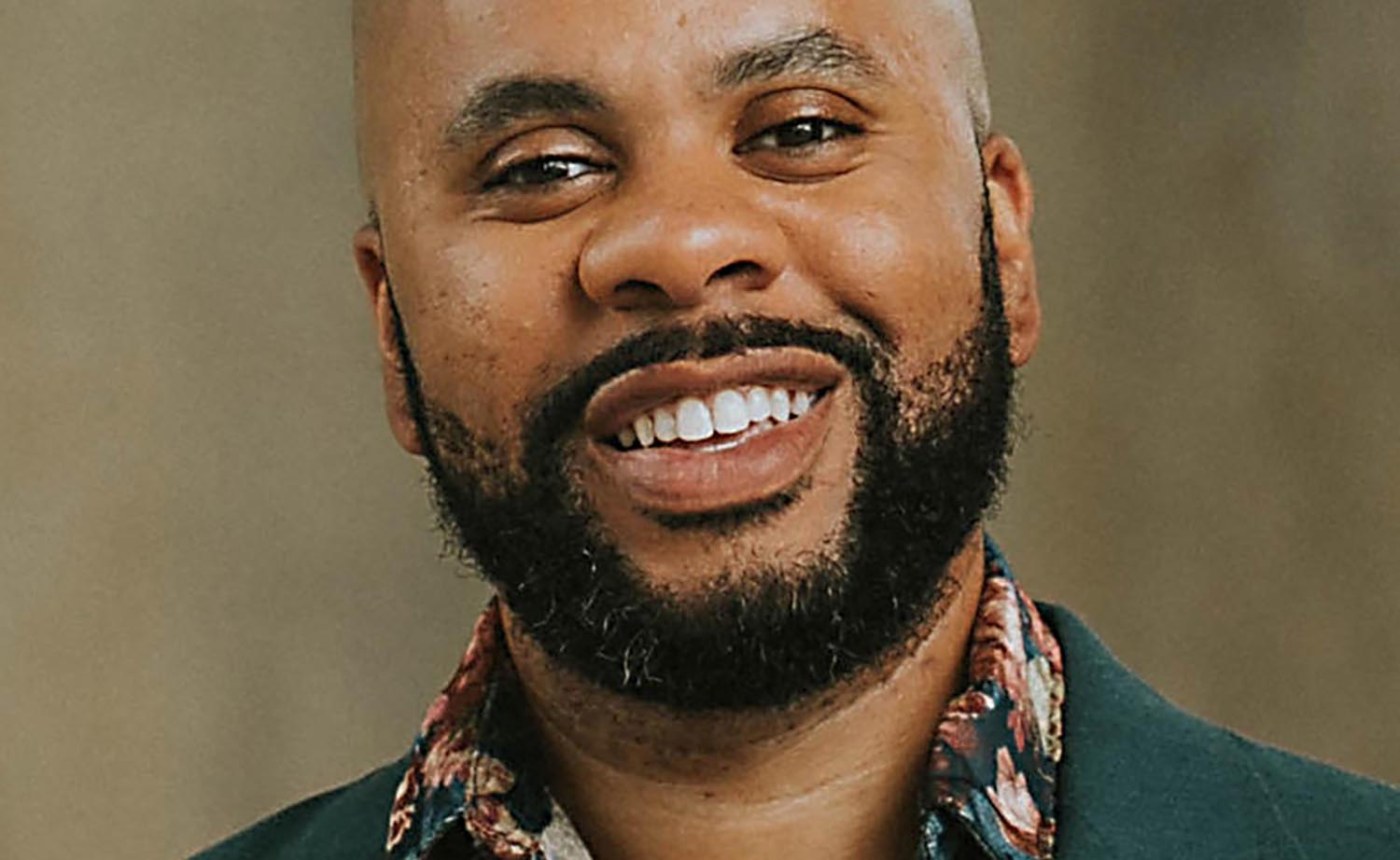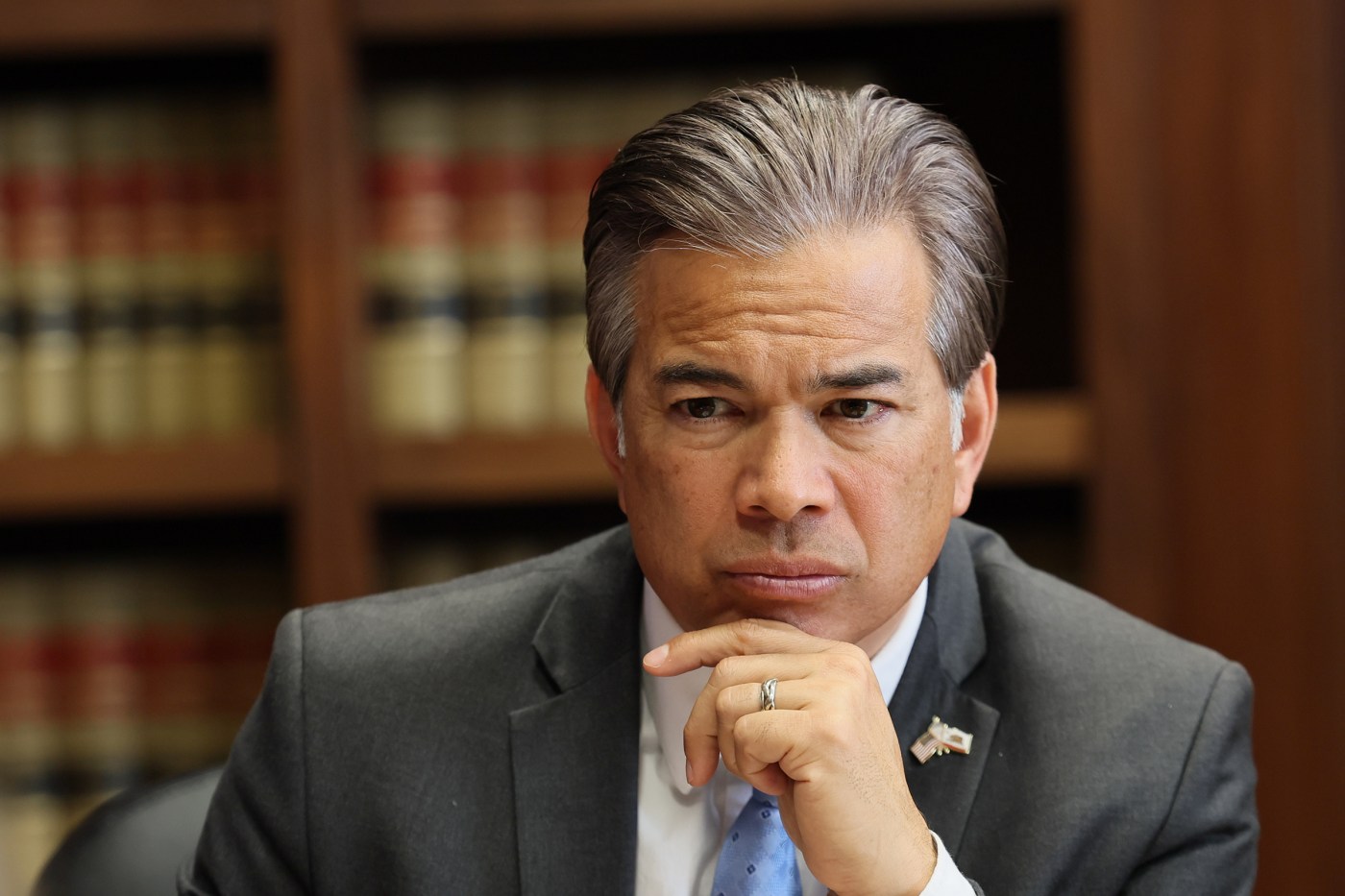Dear Eric: Last August, my husband and I told his niece that we would help with her daughter’s college expenses. We sent $2,000 to the college for the first semester.
Related Articles
Asking Eric: How can they be my friends if they can’t remember my kids’ names?
Asking Eric: My cheating husband failed the polygraph, but still he says I’m making things up
Asking Eric: My wife left her jewelry to a niece who doesn’t deserve it. What should I do?
Asking Eric: We were left in the corner amid the hoopla for our son’s wife
Asking Eric: After she plucked my hair, I won’t be seeing my mother anymore
We received a thank-you text from his niece but nothing from the student. We eventually told the grandmother, my husband’s sister, that we expected something from the student recognizing that we had sent some money. Finally, a thank-you note came in the spring.
After receiving the thank-you note, we sent another $2,000 to the university. Now it is July, and we have received nothing from the girl.
What do we do? Ask again for a thank-you note from the girl, stay quiet and give more money, or stay quiet and quit giving money?
Are we expecting too much? I think we should just cut her off. There are three younger children for whom we also want to help with their college but now we question doing anything.
– Aunt and Uncle
Dear Aunt and Uncle: Let’s get the basics out of the way up top. The student should absolutely be sending you thank-you notes, unprompted. She’s old enough to know that and should be mature enough to do it.
Thank-you notes are not a dying art, though they’ve long been a source of cultural consternation. In 1999, a reader wrote to Ann Landers about not receiving a thank-you note after a wedding and asked if it was a new trend. We’ve been having this conversation for decades. (Ann’s response: “No, it’s not a new trend. It’s an attempt to escape the tedious job of writing thank-you notes and, in my book, inexcusable.”)
I think you should go to the source, i.e., the student herself. And this aspect of my advice prompts a question. You write that you’ve been in communication with your niece and your sister-in-law, but I’m curious what relationship you have with the student.
If you don’t have a close relationship with her, there’s a world where one could imagine she thinks a thank-you text is sufficient. This is not a world of which I approve.
Speaking to her directly and resetting the relationship might help. You can tell her, “we’re happy to give this money, but it’s important that when people do nice things for you, you acknowledge them.”
You can also – let’s be clear – stop sending the checks and move on. But this life lesson will be valuable.
Dear Eric: My daughter is getting married next year at a location that is about a six-hour drive from us and accessible only by ferry. It will be an outdoor wedding; there may be a lot of walking and uneven terrain.
I don’t know whether or not to invite my oldest friend. I don’t want to offend her by not inviting her, but I also don’t want her to feel obligated to travel that distance and that terrain with her mobility issues or to buy a wedding present.
I want her to know that she is a valued friend without burdening her. What is the best approach?
– Torn Friend
Dear Friend: Honesty can be so kind. It allows you to be clear in your intent and also offers your friend the chance to make an informed decision. So, give her the full picture, just as you laid it out here:
“Of course you’re invited to the wedding, but I want to sincerely take the pressure off. I’ve been worried about how strenuous an experience it will be.” Here you can talk about travel and terrain details. Then, use the phrase that you used in your letter. “You’re a valued friend, but I don’t want to burden you. So, think about it, but know you’re welcome to stay home or to come and join us.”
Dear Eric: I am writing in response to the letter from “Burial Conflict,” about the couple who wanted to be buried together but were concerned about the response from their children from their first marriages.
Once the couple discusses plans, they could contact a funeral director, who would help them to finalize their plans, in detail and in writing, and prepay the funeral costs. They could also purchase burial sites.
Related Articles
Harriette Cole: My fiance called me selfish because I think his credit score is his own problem
Miss Manners: They think I’m my twin, and I come off looking rude
Dear Abby: I’m a mom and a teacher, and one of my daughter’s peers wants to date me
Asking Eric: How can they be my friends if they can’t remember my kids’ names?
Harriette Cole: I accidentally ran across my daughter’s private social account
If their children ever inquire about burial plans, they can simply say that their funeral is planned and paid for.
I write as a member of the clergy with 55 years of experience in ministry. I have known many people who have planned and prepaid their funerals. This always makes it easier for survivors, whether the family is in harmony or in discord.
– Burial Plans
Dear Plans: Thank you for this great suggestion. Others also suggested that, in addition to a funeral director, the letter writer should also talk with their attorney to make sure their wishes were clearly recorded.
Send questions to R. Eric Thomas at [email protected] or P.O. Box 22474, Philadelphia, PA 19110. Follow him on Instagram @oureric and sign up for his weekly newsletter at rericthomas.com.





